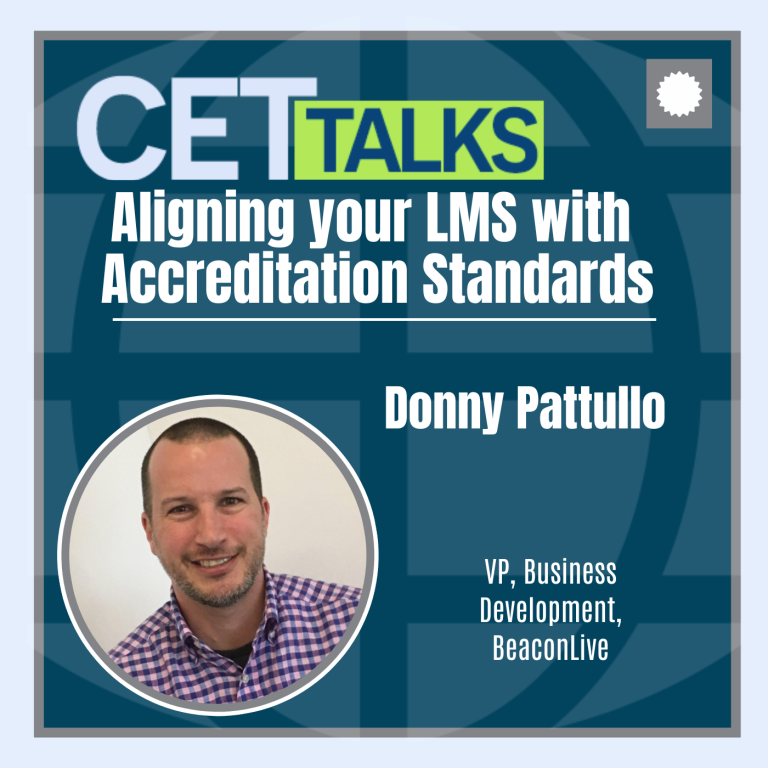.
CET Talks: Accreditation, Learning and Leadership
Episode 14
MARCH 5 2024 . 25 MINUTES
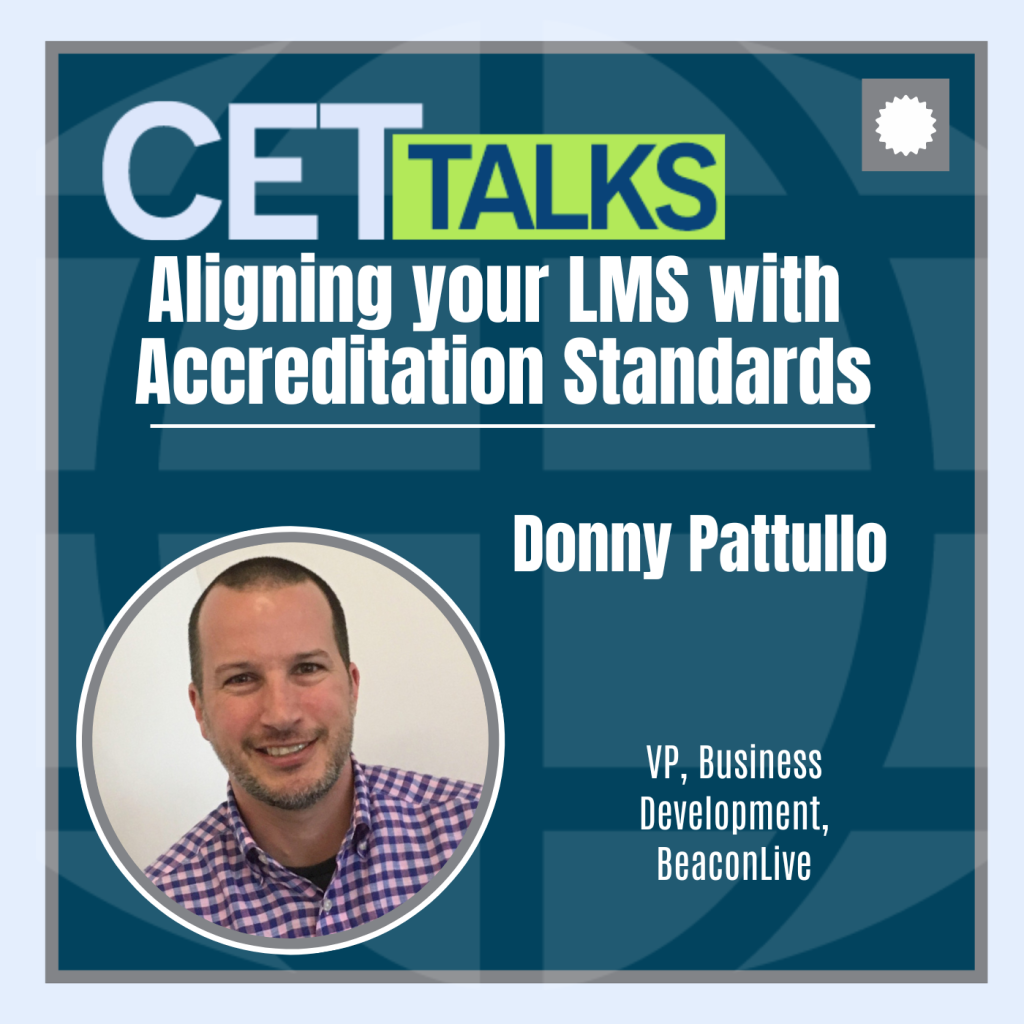
Aligning Your LMS with Accreditation Standards: Insights from an Award-Winning LMS Provider
As any training professional knows, an organization’s ability to educate is only as strong as its learning management system. But how can organizations ensure their primary learning interface is up to the task of meeting evolving accreditation standards? Join Donny Pattullo, Vice President of Business Development at BeaconLive – recently named a Top 10 LMS Provider – as he shares his insights, exploring best practices for aligning LMS operations with accreditation, the role of analytics, and how BeaconLive enables organizations to achieve compliance across multiple geographic regions.
Listen to the Podcast
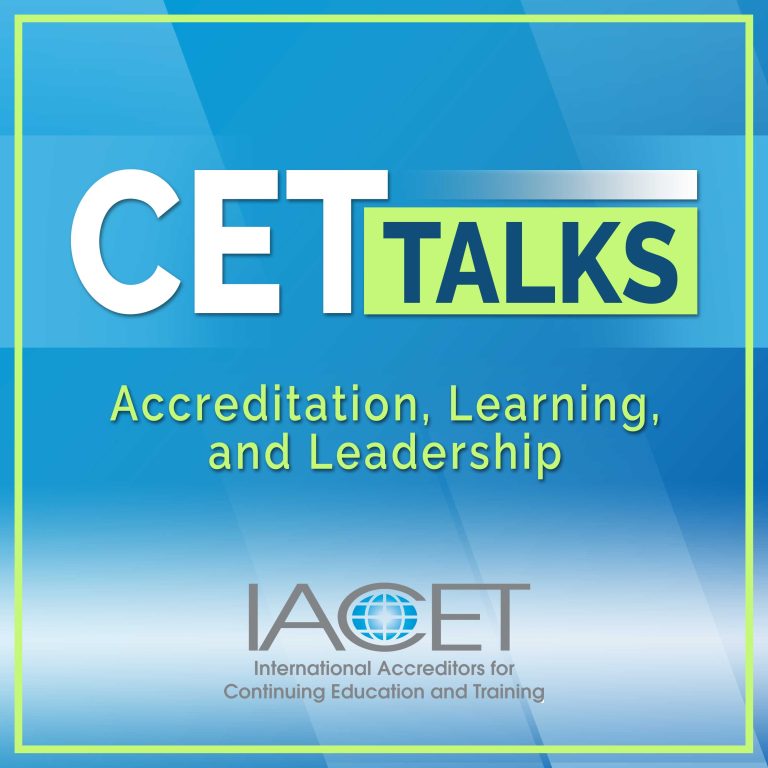
Welcome to CET Talks, the International Accreditors for Continuing Education and Training’s podcast, where we convene thought leaders in the continuing education and training ecosystem to share ideas, research, best practices, and experiences that promote the creation of a world that learns better. Your hosts are Randy Bowman, Interim President and CEO of IACET, and certified corporate wellness specialist Mike Veny.
As any training professional knows, an organization’s ability to educate is only as strong as its learning management system. But how can organizations ensure their primary learning interface is up to the task of meeting evolving accreditation standards? Join Donny Pattullo, Vice President of Business Development at BeaconLive – recently named a Top 10 LMS Provider – as he shares his insights, exploring best practices for aligning LMS operations with accreditation, the role of analytics, and how BeaconLive enables organizations to achieve compliance across multiple geographic regions.
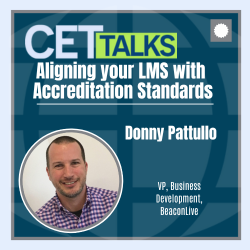
Transcription
Host: Welcome to CET talks, the International Accreditors for Continuing Education and Training’s podcast, where we convene thought leaders in the continuing education and training ecosystem to share ideas, research, best practices, and experiences that promote the creation of a world that learns better. Enjoy the episode.
Randy Bowman: Hello, and welcome to CET Talks. My name is Randy Bowman, and I’m here with my co-host, Mike Veny, a certified corporate wellness specialist and CEO of an IACET-accredited provider. Hello, Mike. How are you doing today?
Mike Veny: Hi, Randy, and hello to everyone listening. As Randy said, I am Mike Veny, the CET co-host. As the CEO of an accredited provider, one of the things that we’re working on right now is our learning management system. We’re in the process of trying to figure out a new one, and for those of you listening, a learning management system is the system you use for e-learning typically, where you keep all the content and material, and our guests will explain it better. We use the acronym LMS, so you’re going to hear that a lot today.
Randy Bowman: You know, Mike, that is a perennial problem that our accredited providers are always looking at, all the software. I don’t think there’s a silver bullet, and everybody’s still looking for the silver bullet.
Mike Veny: I’m right there with you, and that’s what I’m looking for. Our episode today, for those of you listening, is actually on aligning your LMS with accreditation. If you are an accredited provider or an aspiring accredited provider, this is a really important episode to listen to. We have a special guest, Donny Pattullo from BeaconLive. BeaconLive was recently named a top LMS provider by Education Technology Insights. We’re going to be talking about the importance of accreditation in the LMS landscape, challenges of aligning LMS with accreditation standards, and how BeaconLive’s innovative solutions facilitate achieving accreditation goals.
Randy Bowman: It’s going to be exciting. We would like to acknowledge that BeaconLive has been a valued sponsor of the International Accreditors for Continuing Education and Training’s annual conference in 2021, 2022, and 2023. We have utilized the BeaconLive platform for the virtual delivery component of our hybrid conferences. This relationship underscores our commitment to leveraging leading edge technology to enhance the accessibility and quality of continuing education. With that said, please note that as an accrediting body, IACET does not accredit learning management systems, nor do we endorse any specific LMS over another. The views expressed in this discussion are aimed at providing insights and perspectives on aligning LMSs with accreditation standards, to both inform and benefit the listener’s understanding, and are not intended to be an endorsement of any one particular product or service.
Mike Veny: Thank you for that transparency, Randy. I have the honor of introducing you all to Donny Pattullo, who I was having a conversation with as I was leaving the 2023 IACET conference. He is the Vice President of Business Development for BeaconLive, and he has a diverse background in technology and business development. Before joining BeaconLive, he held various roles, including Director of Global Aviation Account Management at ClimaCell and Senior Business Development Executive at Limelight Network, showcasing his versatility and depth of experience in technology and business development. Over the past two decades, he has done so much across different sectors. He holds a BS in Aeronautical Science from Embry Riddle Aeronautical University, demonstrating a strong foundation in technical and analytical skills. He started his career with notable achievements, such as being number one sales rep within his first three months at Commonwealth Motors. Wow. Pattullo has consistently demonstrated his ability to lead and excel in high stakes environments. Welcome to our show, Donny.
Donny Patullo: Thank you, guys. I appreciate those kind words and the introduction. It’s my pleasure to be here and support this podcast. I’m looking forward to the discussion.
Mike Veny: Awesome. I’m going to just treat this like a continuation of our discussion at the IACET conference. While it may seem obvious, can you explain to our listeners why aligning a learning management system (LMS) with accreditation standards is critical?
Donny Patullo: It’s a good point and a good distinction. For many jobs, obtaining a minimum amount of continuing education credits over a certain period of time is required to maintain your licensure or credentials. Examples of that include doctors, lawyers, dentists, architects, nurses, social workers, and many, many more. Choosing an LMS that is focused on corporate learning and development, or just general training, could eventually lead to shortcomings when it comes to compliance with the accrediting body’s rules.
Randy Bowman: You just spoke of some shortcomings that might happen. What are some of the common challenges you see organizations facing when they are trying to align their LMSs with these different accrediting bodies standards?
Donny Patullo: There’s a number of challenges there. Ideally, you want to target a wide ranging audience to get the most folks into your platform, to consume that content, and pay for that content. But in order to properly manage this wide ranging audience, in terms of tracking certificate issuance and whatnot, LMS should be able to support multiple credit types and accreditations for the same course. That can be a real challenge. Since various accrediting bodies have different rules for credit tracking surveys, quiz requirements, and certificate issuance, the significant challenge for the LMS is to manage all of that in an automated way.
Randy Bowman: Ah, automated; I think that’s going to be the key word we latch onto. From your experience working with a lot of different providers and a lot of different industries and different accrediting bodies, what are some of the best practices that organizations can adopt to ensure that they are aligning with the accreditation requirements effectively?
Donny Patullo: Whenever I talk to folks, I always start with “Who’s your target audience?” You need to know your target audience and their continuing education requirements, and then try to align your accreditation to get the most bang for your buck. This is where I personally think IACET can be a great choice, as the IACET CEU is accepted by a wide range of professionals. I think you also need to know your timeframe and your budget. If you’re looking for accreditation for a conference in a few months and you have limited resources, IACET may not be the best place to start, even if it is the right choice in the long term. In short, you have to know your audience’s CE requirements, set your expectations, set your timeline, and set your budget to obtain the right accreditation accordingly.
Mike Veny: We are all about measurement here at IACET and actually, I mean sales too, right? Everything in life is about measurement. What’s the role of analytics? Can you discuss the importance of data and analytics metrics and ensuring an LMS meets accreditation standards? What attributes should be collected and measured to ensure conformity?
Donny Patullo: Mike, that’s a really good question. It’s a big distinction in, back to what Randy was saying, the automation of continuing education. Most accrediting bodies require tracking and collection of data around things like minimum duration. You have to attend for so long to ensure all of the content was consumed, as well as interactive presence verification to ensure that the learner was actually watching the program during the time that they were present. Some require the learner to submit an evaluation at the conclusion of the program and perhaps a graded multiple choice quiz. All of this data must be tracked on an individual basis, analyzed based on the minimum criteria set out by the accrediting body, and then all of that data needs to be used as a gating item to determine whether the certificate should be awarded. It really comes back to, the best LMS will fully automate that whole process.
Randy Bowman: That’s great. You mentioned a couple different things there. Attendance tracking, interactivity, assessment tracking. Now that’s all great; I get all that in my head. I write it all down, I’m conforming, and then the accrediting body changes the standard, and they change the requirements. We’re doing this in IACET; our upcoming 2023 Standard release is coming and we’re making a change to the CEU calculation. We’re going to allow providers to track it to the hundredths place. What advice do you give our listeners on how they should be working with their LMS vendors to ensure ongoing compliance?
Donny Patullo: I like this one. I only play a software developer on TV, not in real life. This could be more than a trivial change for a lot of LMSs. While tracking the data may easily provide this level of granularity down to the hundredth place rather than the tenths, exposing it only for IACET accredited programs within the LMS and not impacting other accredited programs that only round to the nearest 10th, could present a technical challenge to many LMSs. My CTO always loves it when I say, “Oh, it’s just a little bit of coding, right? We can have that by the end of the week.” All kidding aside, I think it’s a great change to make as now folks can add up those hundredths of places that eventually are going to add up to another half a credit, whole credit, that otherwise wasn’t tracked. The data is probably there, depending on the LMS, but it’s exposing it in the right way for the right programs. That’s going to be the technical challenge.
Randy Bowman: It certainly will. I often say people are often surprised at what is hard to change and what is easy to change in software development.
Donny Patullo: Absolutely.
Mike Veny: Speaking of change, there’s been a lot of change in the world of learning because organizations operate in multiple jurisdictions. For those of us that do, what strategies would you recommend for managing different requirements across regions?
Donny Patullo: I would try to meet the learner where they are by providing a widely accepted accreditation and then verify that it’s going to be valued and accepted by their particular region. Whether that’s a country body, a state board, or any of that, verify that acceptance in the region that they’re in. Then, beyond accreditation, which might actually include multiple accreditations for the same course, I would also look for an LMS that can support accessibility—captions, language translation, things like that. I think it’s really important to be able to play well in a global space. I think it goes without saying, but it’s important to highlight that a highly resilient cloud-based infrastructure with a global footprint is critical for an LMS. I think those are really the high points in wanting to address and attract a wide global audience of learners and accredited providers.
Mike Veny: Love that you brought up accessibility. That’s a very important topic right now, and it’s an evolving conversation. It really is. I’m glad you brought up the importance of having that in an LMS and also multiple languages. Actually, is there’s even technology that can transcribe my voice into a different language. I only speak English, American English. We’re going to have some courses coming out with me delivering the material, speaking in Spanish in this voice. This is going to be really interesting to see what’s coming out with this technology.
Donny Patullo: It is amazing, Mike, and technologies like that really are a perfect example. When it comes down to it, even from a business perspective, by ensuring your platform is accessible and your content is accessible, you’re targeting a wider audience. Now, folks that have visual impairments, ensuring that your platform is compatible with screen readers, folks that have hearing impairment, the closed captions, motor impairment, ensuring that they can navigate without the use of a mouse or maybe using keyboards; things like that are all important for meeting the learner where they are and attracting a wider audience. Perfect example.
Randy Bowman: I think I read somewhere recently that there are over 2,800 different LMSs available on the market. Without focusing too much on sales, could you briefly describe how BeaconLive addresses some of the challenges that you’ve mentioned already? And if you have one, a success story where an organization effectively aligned the LMS with the accreditation standards using BeaconLive. I think would be very beneficial for our listeners to hear that it can be done.
Donny Patullo: Absolutely, Randy. At BeaconLive, we think of ourselves as a CE LMS, a continuing education learning management system. A lot of our interest in leads come from people looking for help with accreditation, and then realizing they really need help with a platform that can support the unique technical requirements that continuing education and training present. You know, 2,800 LMSs is a lot, and LMS is a very broad-brush term that can mean different things to different people. Some LMSs focus on training, some on corporate learning and development, and some on continuing education. At BeaconLive, we really touch on all three layers in our consultation and manage services and aim to provide a one-stop shop. In some industries, like legal for CLE and healthcare for CME, BeaconLive provides a full administrative service for obtaining your accreditation. In others, it’s simply guidance that we’ve gained over years in the continuing education space. We’ve built a “How to get accredited” guide and an accreditation navigator tool that’s on our website, that provide a wealth of information and guidance. Our thinking there is, if we can point you in the right direction, help you get accredited, even if we can’t do it for you in that particular industry or accrediting body, ultimately that pays dividends back to us, if we made it easier for you to get accredited and helped you understand the technical aspects of that. Once your accreditation path is chosen, the benefits of BeaconLive’s CE-focused LMS become very clear. As far as an example, last year we had a new IACET-accredited provider approach us. They had been talking to their website developer about hosting courses on the website and tracking their users, using a meeting tool like Zoom or something similar, figuring out how to issue certificates, and doing all of that in compliance with IACET’s standards. It quickly became a rather daunting and costly task for the small business owner and their website developer. We ended up taking over that project and had them up and running in four weeks. Ultimately, the great part of that was that it allowed them to focus more on course content and creation, and they were able to build more courses than they originally planned. That resulted in a win-win-win for the accredited provider or the small business owner, their learners, and BeaconLive. I hope that wasn’t too salesy, but that’s the gist on our thinking about the space.
Mike Veny: Question for you. There’s a term that I’ve been hearing about in the world of continuing education—learning experience platform (LXP) versus an LMS. What’s the difference? Is that just the new term? Can you elaborate on that?
Donny Patullo: Yeah, I think maybe it’s just a twist on trying to differentiate from 28, 29, 799 other providers in the space that may focus on different areas. It also comes from learners wanting more than just going through a course, listening to it, and getting a certificate at the end. Really, it is about learning. The first “L” in all of those is “learning”, and so we want to help people learn. Oftentimes, people do that in a better way through an interactive experience rather than a managed experience, to differentiate on the acronym.
Mike Veny: Gotcha. Based on your insights at BeaconLive, what future trends do you see in the relationship between LMS platforms and accreditation processes?
Donny Patullo: I can envision maybe two or three different trends here in the future. One is consolidation at a national level. There are a lot of accreditations or accreditors that require state by state approval for the same course and the same type of learner. This often prohibits continuing education providers from broadening their reach beyond the handful of states that they’re able to provide accreditation to. If we could consolidate at a national level, that helps the learner, certainly can help the LMSs provide content to a wider audience, and helps the accredited provider. I think, ultimately, that’s a really good trend—consolidation at a national level. I thought about this before, and I think more automation is a trend that we really need to see; not so much on the LMSs side, but on the accrediting bodies. Many accrediting bodies have really extensive applications and then post-course reporting requirements. These could be automated with things like APIs and other technologies. Streamlining these processes will go back to providing the accredited provider with more time to create more content and learner engagement. Then, maybe last in the trend idea, is an aim to lower the cost and time for approval. In order to attract a diverse network of accredited providers, and ultimately available courses, accreditors and their learners would benefit from a tiered approach to accreditation. Some providers only want to provide a refined set of courses in their particular area of expertise, and they have a limited budget. Their course content would be very valuable and educational to a diverse group of learners. But it will never be accredited if the process and the many, many months and thousands of dollars that some accreditors charge is the same for an accredited provider that’s doing hundreds of courses. I think looking at the types of accredited providers and a one size fits all approach maybe isn’t the best, and a tiered approach would be a cool trend to monitor.
Randy Bowman: We’ve loved having you here. We’ve loved hearing your expertise. We always like to ask all of our guests this question at the very end. What does a world that learns better look like to you?
Donny Patullo: That’s an awesome question. I love it. I want to live in a world where everyone has an inspired love of learning. That starts at the youngest of ages and building a foundation that can support constant learning growth for the rest of your life. From little children, elementary school, middle school, high school, all the way up through adulthood, we really need to build that foundation, build that inspired love of learning. Then, as we get into our professional careers and we’re required, or even not required, to learn more, I think it’s important to be curious. Learn, learn, and learn and stay relevant where you’re at. Thank you guys very much. This was a pleasure to attend, and chat with you, and I really appreciate the opportunity.
Mike Veny: Well, Donny, thank you very much for being here today and delivering such an engaging and informative interview. Randy, I just want to share a takeaway with you that I got; I’m curious to hear what you got. Automation, that’s a word that just kept popping up today. I really think it’s important that we all think about better ways to automate our processes with an LMS.
Randy Bowman: Oh, I think that’s so important. The takeaway that I heard when Donny was talking was about people who are out there seeking accreditation, but what they really need is a platform to build that on. An LMS is the core piece of software that runs a training program’s business, and it needs to align with your accreditation. The better it aligns with your accreditation, the better experience a user’s going to have all the way. I think that was an important takeaway. As we wrap up today’s discussion on aligning learning management systems with accreditation standards, we want to hear from you, our listeners, what has been your biggest challenge or success in ensuring your LMS meets accreditation standards or enhances the quality of education and training within your organization? Please share your experiences and insights on our LinkedIn page, as your stories can provide valuable lessons and inspiration for others navigating similar paths. Don’t let your knowledge be yours alone. Don’t forget you can submit ideas, suggestions for guests and other feedback on the CET Talks podcast page of the IACET.org website. We certainly hope you’ll subscribe to the podcast on your favorite podcast platform, so you don’t miss any episodes. Thank you, Donny, for being with us today. Thank you, Mike, for being here and thank you, our listener, for joining us. Have a great day.
Host: You’ve been listening to CET talks, the official podcast of IACET. Don’t forget to subscribe to the podcast on Spotify, Apple podcasts, or wherever you to podcasts. To learn more about IACET visit IACET.org, that’s I-A-C-E-T.org. Thanks for listening and we’ll be back soon with the new episode.
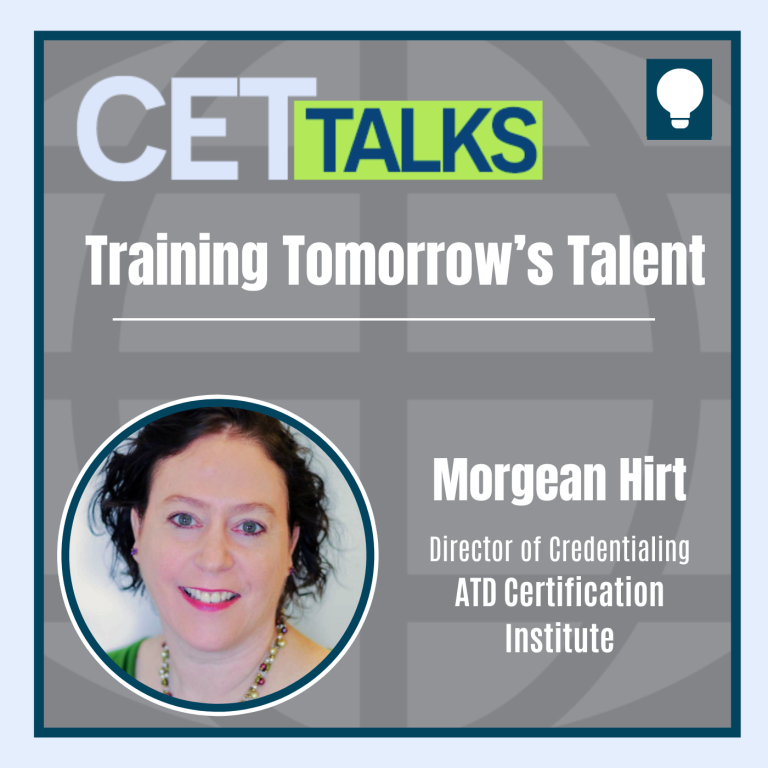
Episode 31: Training Tomorrow’s Talent: Exploring Certification, Standards, and Impact with ATD’s Certification Institute
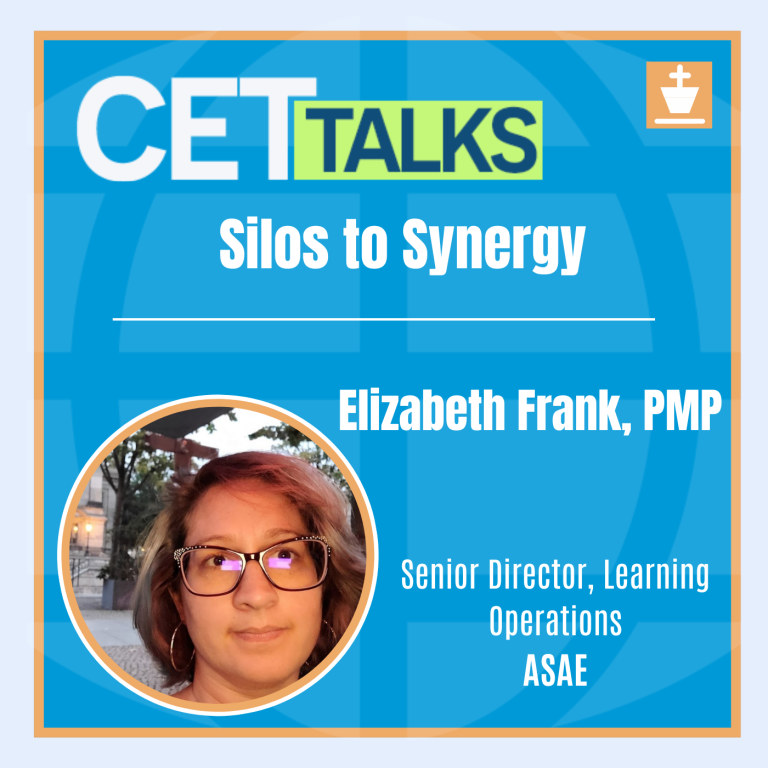
Episode 30: Silos to Synergy: Holistic Approaches to Creating Collaborative Learning

Episode 29: Credentials in Crisis: Challenges and Opportunities in Modern Education Recognition
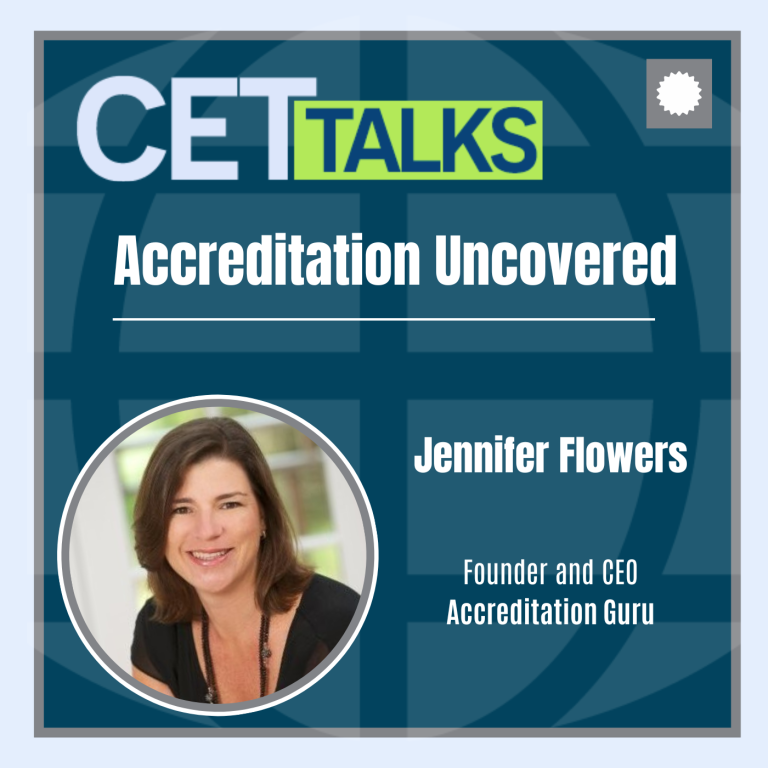
Episode 28: Accreditation Uncovered: Essential Insights from an Industry Leader
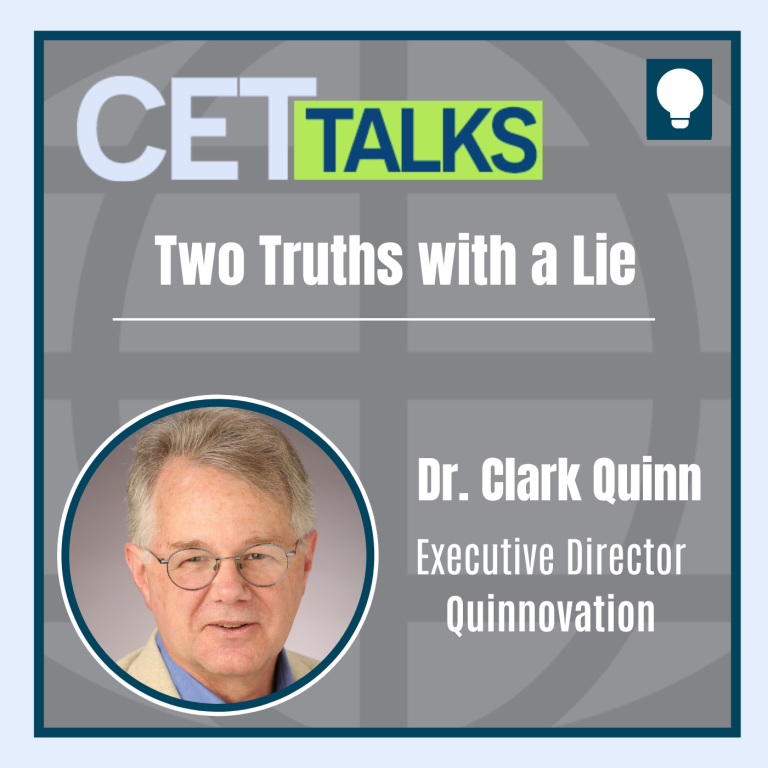
Episode 27: Two Truths with a Lie: Managing the Myths of Modern-Day Learning
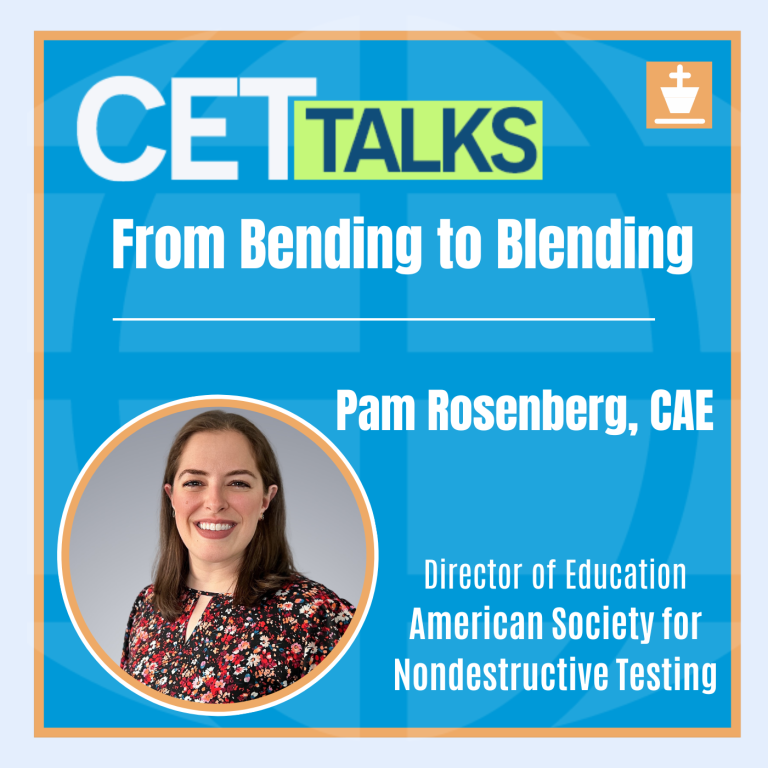
Episode 26: From Bending to Blending: Best Practices in Integrating Externally-Created Content
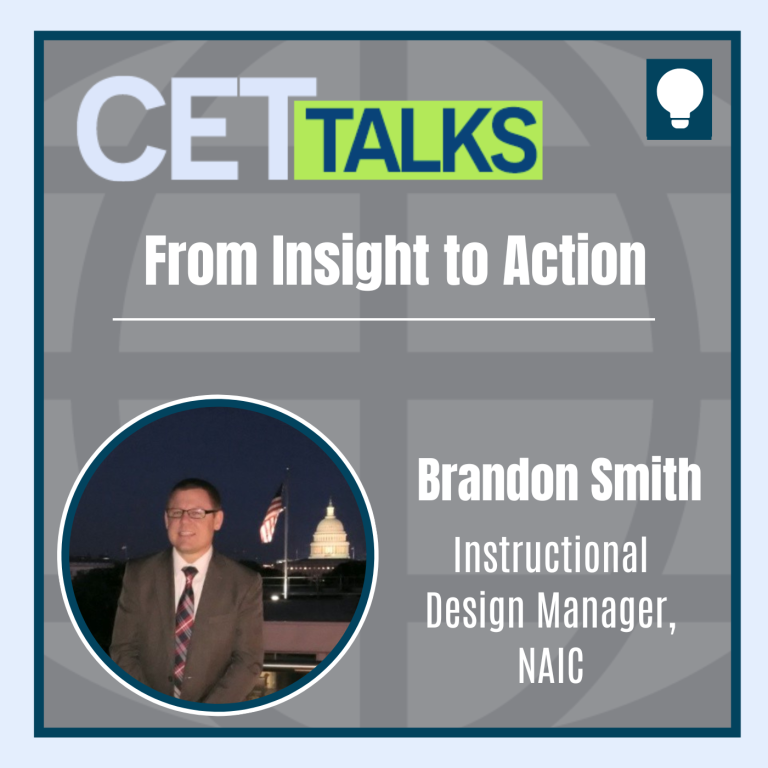
Episode 25: From Insight to Action: Charting the Career Path of a SME-turned-ISD

Episode 24: Cultivating Careers: The Power of Employee Engagement for Organizational Success

Episode 23: Igniting Imagination: Crafting Creativity in Training Environments
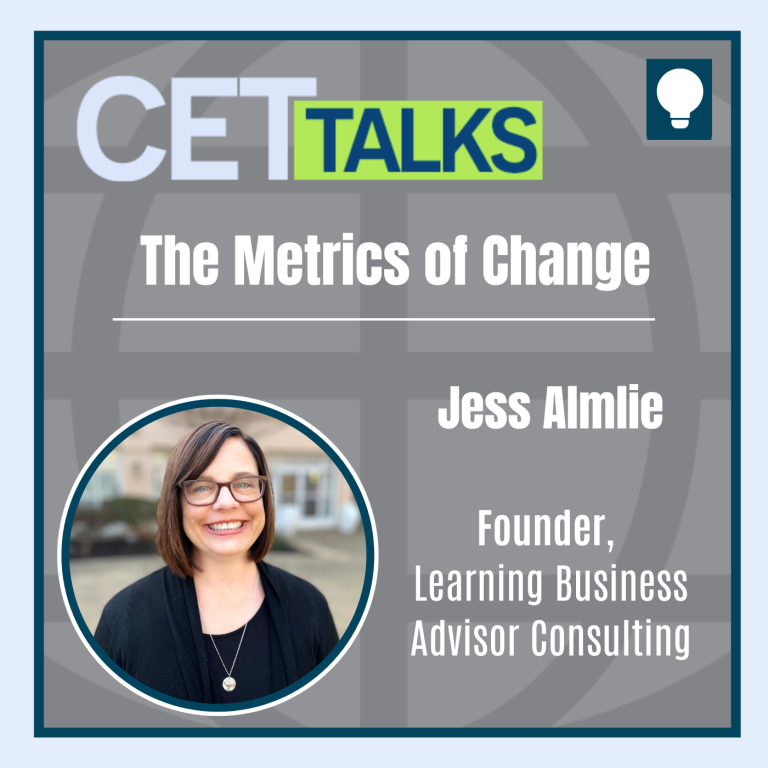
Episode 22: The Metrics of Change: Navigating Purposeful Measurement in L&D
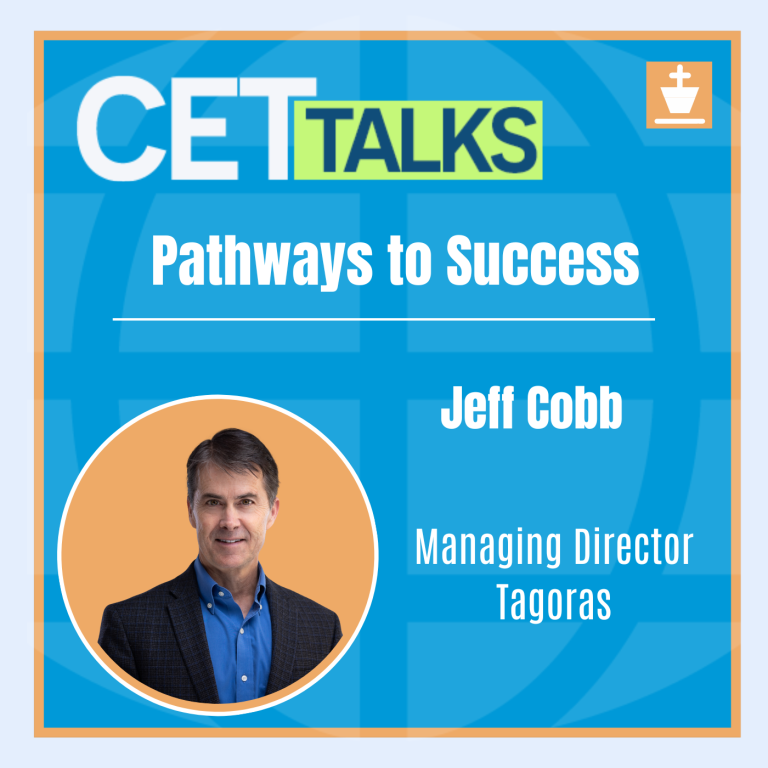
Episode 21: Pathways to Success: The Value of Lifelong Learning through Digital Credentials
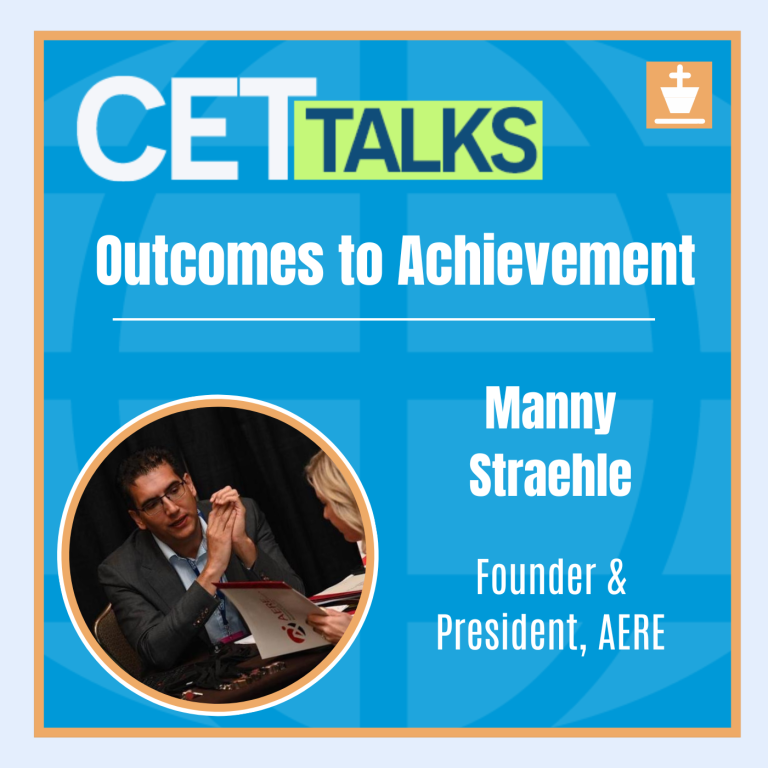
Episode 20: Outcomes to Achievement: Crafting Tomorrow’s Workforce Through Competency Models
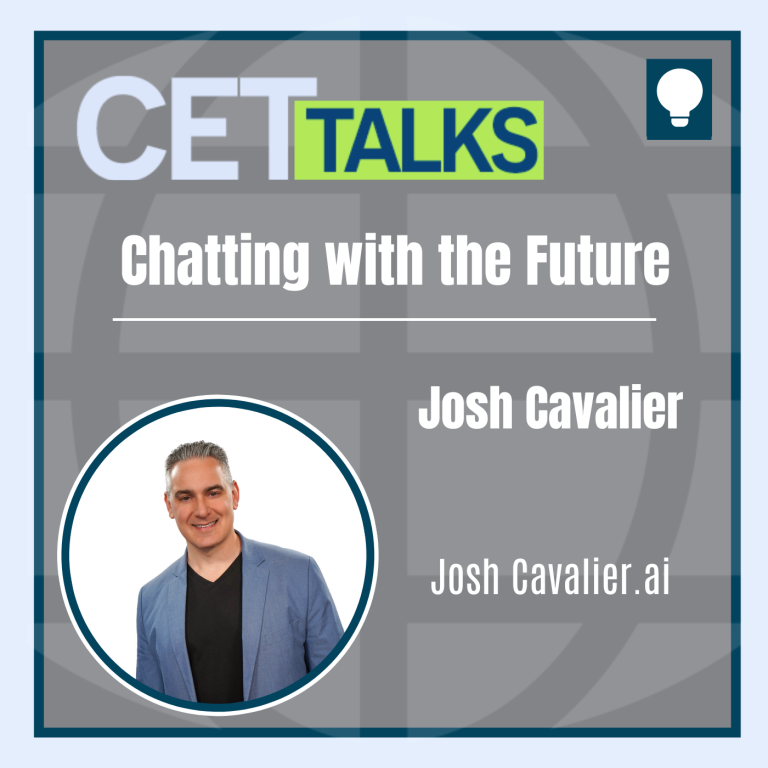
Episode 19: Chatting with the Future: Enhancing AI Output Through Prompt Engineering
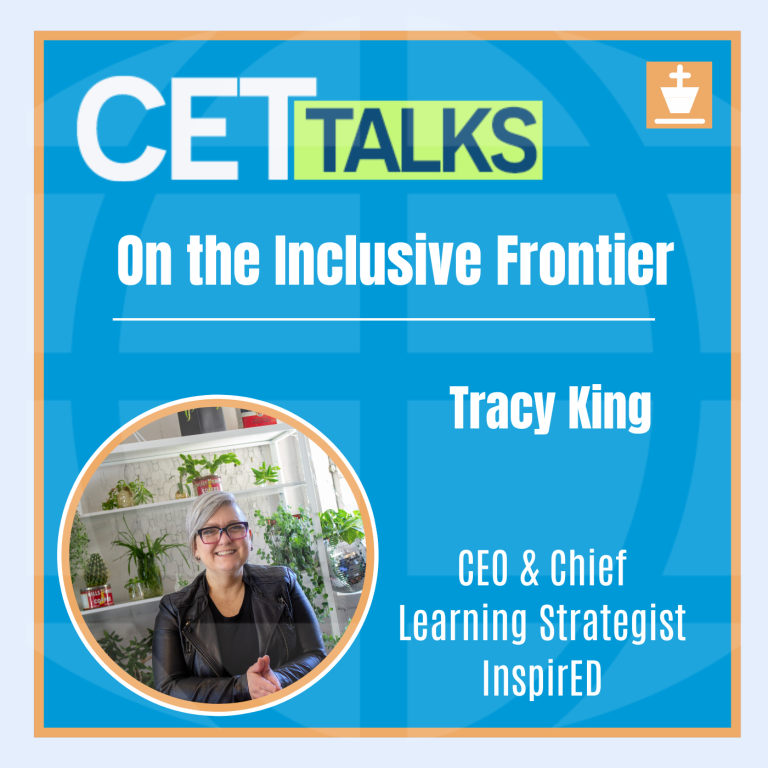
Episode 18: On the Inclusive Frontier: Harnessing Neurodivergence in Modern Training

Episode 17: Designing with Purpose: Strategies for Accessible e-Learning Development
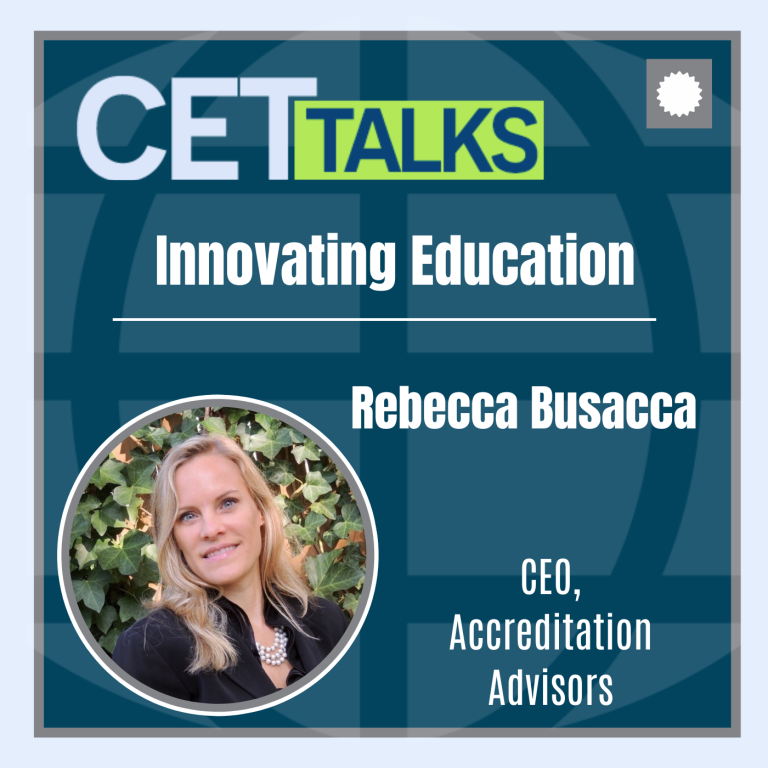
Episode 16: Innovating Education: Navigating Accreditation for Short-Term Training
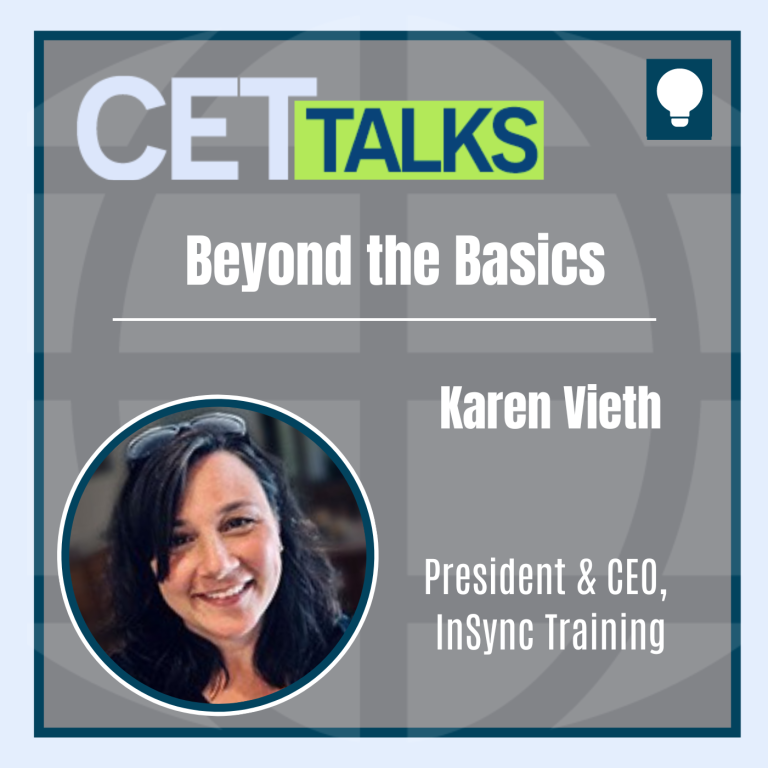
Episode 15: Beyond the Basics: Elevating Virtual Training through Expert Facilitation
